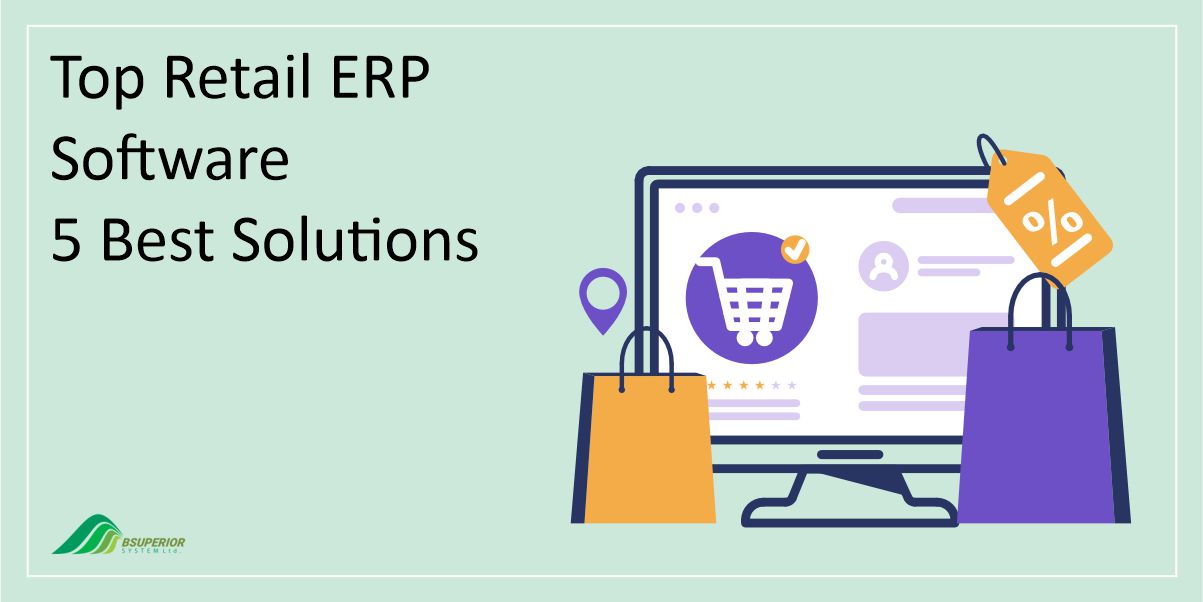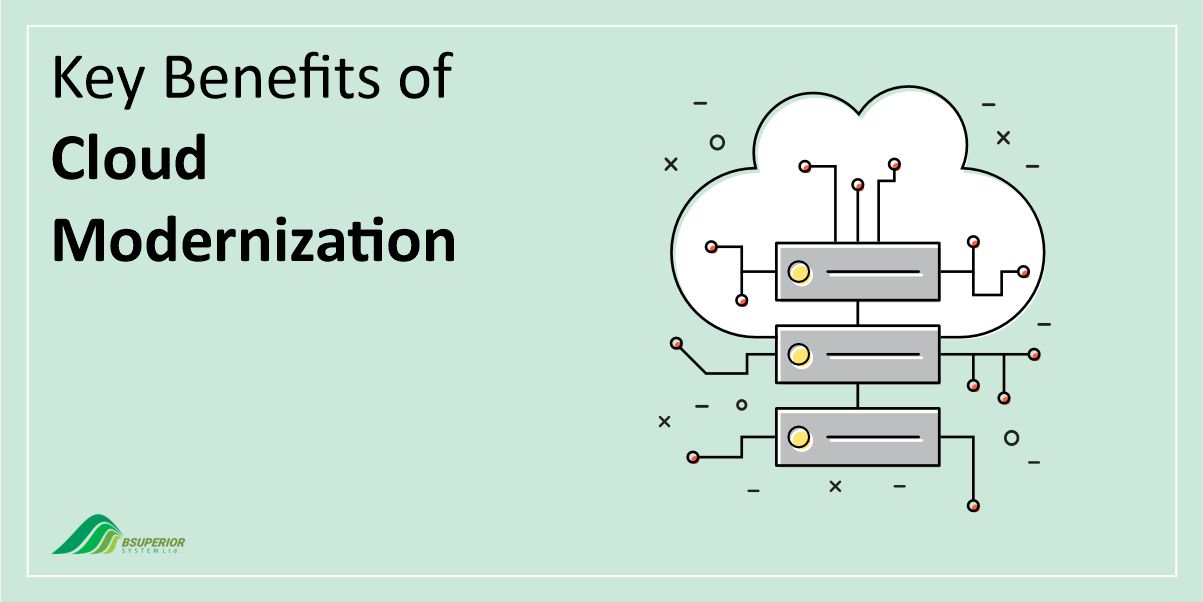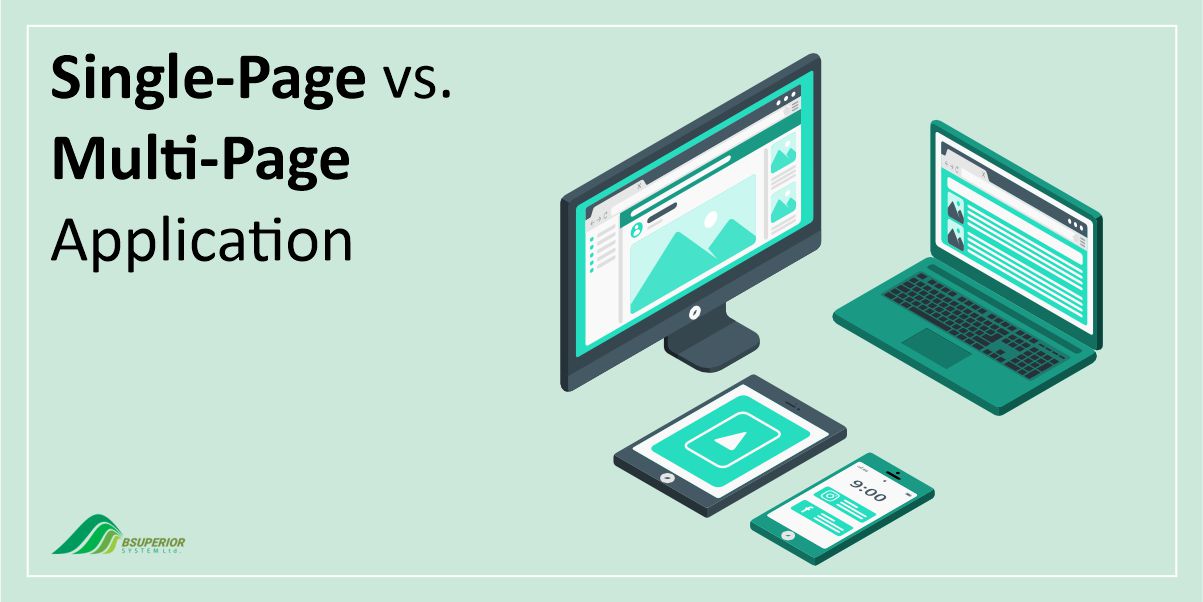What is ERP Finance Module? Key Features and Benefits
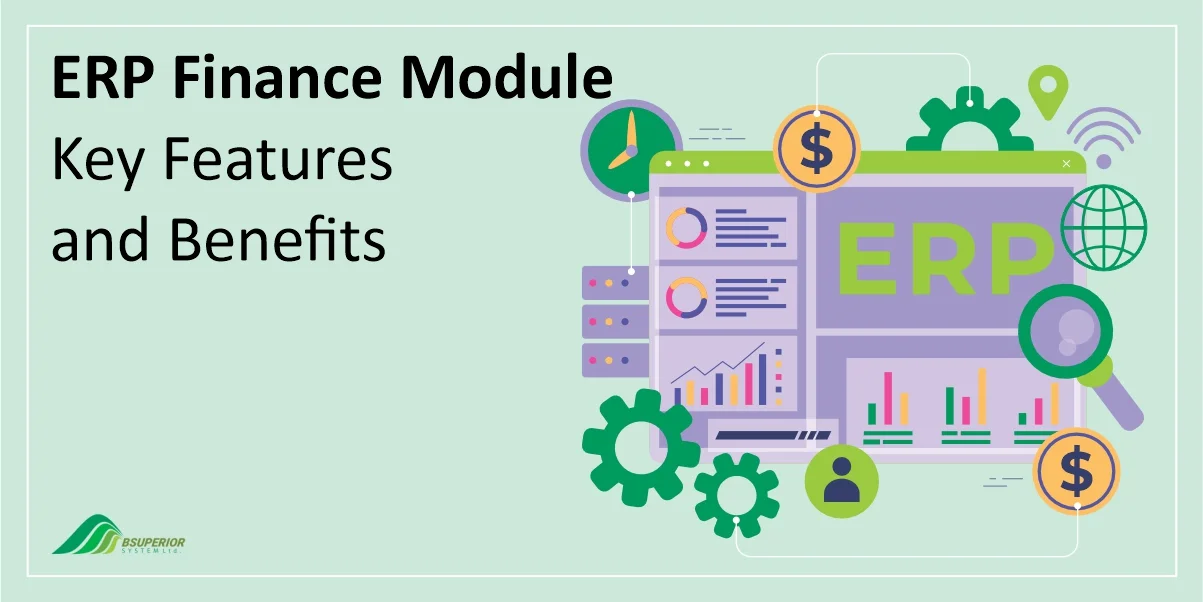
Running a successful business is a complex dance of resources, processes, and data. In this intricate choreography, the ERP system acts as your conductor, orchestrating various departments and functions in perfect harmony.
But within this powerful platform, one module is crucially important: the ERP finance module. In this blog post, we’re going to tell you everything you need to know about ERP finance modules, exploring their functionalities, benefits, and impact on your business.
What is an ERP Finance Module?
The ERP finance module is a centralized platform for managing an organization’s financial processes.
It includes essential accounting functions like maintaining general ledgers and balance sheets, generating reports, and processing transactions such as invoices and expense reports.
Additionally, the module often expands beyond core accounting by offering functionalities for profitability analysis and revenue management.
This component seamlessly integrates with other key business modules within the ERP system, including inventory management, production planning, purchasing, and customer relationship management.
Whenever a transaction in another module triggers financial activity, it automatically updates the relevant data within the finance module.
Read more: What is ERP in Manufacturing? Modules and Benefits
The Heart of ERP: Why Finance Modules Matter
ERP finance modules play a pivotal role in modern business management. They are often the cornerstone of an ERP system and a key reason why organizations migrate from standalone accounting software. Here’s why they are so crucial:
1. Enhanced Accuracy and Regulatory Compliance
- Integrating financial data across different business functions minimizes errors and inconsistencies, ensuring accurate financial reporting. This is vital for meeting increasingly stringent regulations and reporting requirements.
- Consolidated financial data fosters a better understanding of overall corporate performance, allowing for data-driven decision-making and performance improvement.
2. A Differentiating Factor in Integrated Business Systems
- Compared to other integrated business applications like HCM or SCM, the finance module serves as a unique differentiator for ERP software.
- It goes beyond the scope of traditional material requirements planning (MRP) systems and focuses on the broader financial health of the organization.
3. The Vanguard of ERP Deployment
- The finance module is often the first component activated in an ERP system due to its critical role in financial management.
- It serves as the vanguard during ERP system changes or expansions, demonstrating its importance in laying the foundation for successful integration and operation.
ERP Finance Module: Key Features
ERP finance modules offer a range of features designed to enhance efficiency and accuracy in financial operations. So, let’s zoom in on the features you’ll find in most ERP finance modules:
Monitoring Financial Health
- Profit Tracking: It helps you gain real-time insights into financial performance with profit trackers that provide overviews and ROI forecasts based on historical data.
- General Ledger: It maintains comprehensive records of all financial transactions, including income, expenses, assets, and liabilities.
Improving Data Visibility and Decision-Making
- Reporting: It enables you to generate reports and audit trails with real-time data access to meet regulatory requirements and inform data-driven decisions.
- Business Intelligence and Analytics: You’ll get a deeper understanding of revenue through BI and analytics tools, including dashboards for comparing actual and expected performance.
Automating Key Financial Processes
- Accounts Receivable (AR): It allows you to streamline invoicing, reminders, and financial statements to accelerate collections, simplify customer payments, and enhance customer service.
- Accounts Payable (AP): You can efficiently process invoices and financial transactions, establish strong vendor relationships, and integrate payables data with purchasing systems for better cash flow control.
- Purchasing: It automates purchase order management, requisition workflows, and invoice matching to streamline supply chain operations.
Managing Assets and Risks
- Fixed Asset Management: It helps you track and manage tangible assets, including depreciation calculations, tax implications, and compliance requirements, for improved visibility and cost optimization.
- Risk Management: You can analyze and manage your potential business and financial risks, such as credit risks, legal liabilities, and reputational threats, to ensure operational stability.
Additional Features
- Tax Management: Some modules offer tax settings, reporting functions, and tax information repositories to simplify tax filing processes.
- Client Database: It securely stores client information, including financial data and personal details, in a central location with controlled access for authorized personnel.
What are the Benefits of an ERP Finance Module?
ERP financial modules are the backbone of efficient financial management within an organization. They offer a centralized platform to automate tasks, gain insights, and improve control over your finances.
Read more: How Does AI Affect ERP? Benefits and Use Cases
Implementing a robust financial module can unlock a range of benefits for your business:
- Save Time and Money: ERP financial modules streamline everything from invoice processing to expense tracking, freeing up your employees to focus on more strategic initiatives.
This translates to increased productivity and significant cost savings in the long run. - Improve Planning & Budgeting: Real-time financial analytics and reporting give you a clear picture of your costs and revenue, allowing you to create accurate budgets and make informed business decisions.
- Reduce Errors and Fraud: Human error and internal fraud can be costly burdens. ERP financial modules minimize these risks with automated data entry and built-in internal controls.
This ensures data accuracy and protects your finances from unauthorized activity. - Better Financial Transparency and Control: With an ERP finance module, you will gain a bird’s-eye view of your finances with centralized data and intuitive dashboards.
Also, you’ll have instant access to critical financial information that allows you to make informed decisions, track progress against goals, and identify areas for improvement. - Data Sharing Across Platforms: An ERP finance module helps you eliminate data silos and ensures seamless integration between your financial data and other ERP modules or business systems.
This fosters collaboration, improves efficiency, and provides a holistic view of your operations.
Finding the Right Fit
To fully leverage these benefits, it’s crucial to choose an ERP financial module that’s both flexible and powerful enough to meet your specific needs. Consider factors like:
- Currency and Payment System Support: Does it handle your required currencies and payment methods?
- Legacy System Integration: Can it integrate seamlessly with your existing accounting system if needed?
- Scalability: Can it adapt to your future growth and evolving financial needs?
By carefully evaluating your current and future requirements, you can ensure you choose an ERP financial module that becomes a true partner in your business success.
However, even the most versatile ERP financial module might not tick all your boxes. In such cases, consider:
- Third-Party Integrations: Explore add-on solutions that complement your existing ERP and fill functionality gaps.
- Custom Development: Invest in custom development to tailor the module to your unique business requirements. This is where BSUPERIOR comes into play. Read below.
Read more: Inventory Module in ERP: Everything You Need to Know
Streamline Your Finances with BSUPERIOR’s Custom ERP Solution
Building a custom ERP system with a robust financial module can seem daunting. It demands a deep understanding of your company’s unique workflow and tasks ripe for automation.
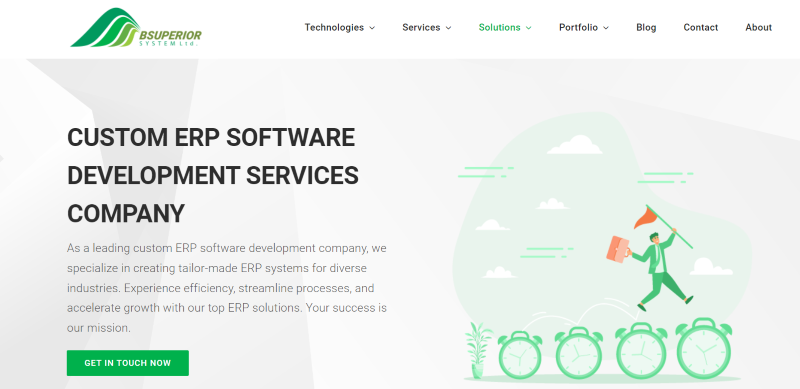
But the reward is a comprehensive solution that liberates you to focus on strategic goals while the software handles the routine tasks.
At BSUPERIOR, our team of experienced developers uses the latest technology to build new ERP solutions and upgrade existing ones.
We believe in becoming your trusted partner, not just a vendor. We work collaboratively to find the optimal financial ERP software solutions that address your specific business needs.
Let us help you:
- Gain Efficiency and Control: Automate routine tasks and gain real-time visibility into your finances.
- Focus on What Matters: Delegate administrative burdens to the software and dedicate your time to strategic initiatives.
- Future-Proof Your Business: Use cutting-edge technology to build a scalable and adaptable ERP system.
Don’t let the complexities of custom ERP development hold you back. Partner with BSUPERIOR and unlock the full potential of your financial operations.
Final Words
The ERP system’s finance module goes beyond streamlining financial management. It can also empower you to deliver exceptional customer service.
While digital transformation and ERP implementation are often intertwined, investing in a robust finance module can bring direct benefits to your business and help you achieve your goals.
Feeling unsure about choosing the right ERP finance module? Let BSUPERIOR’s experienced team assist you.
We can guide you through the selection process and help you leverage the module’s full potential for elevated financial management and customer service.
We value your input and believe this content may enhance our services. However, it's under review. If you see room for improvement, please use the "Report an issue" button below. Your feedback helps us excel.
Contact us today at –– and speak with our specialist.

